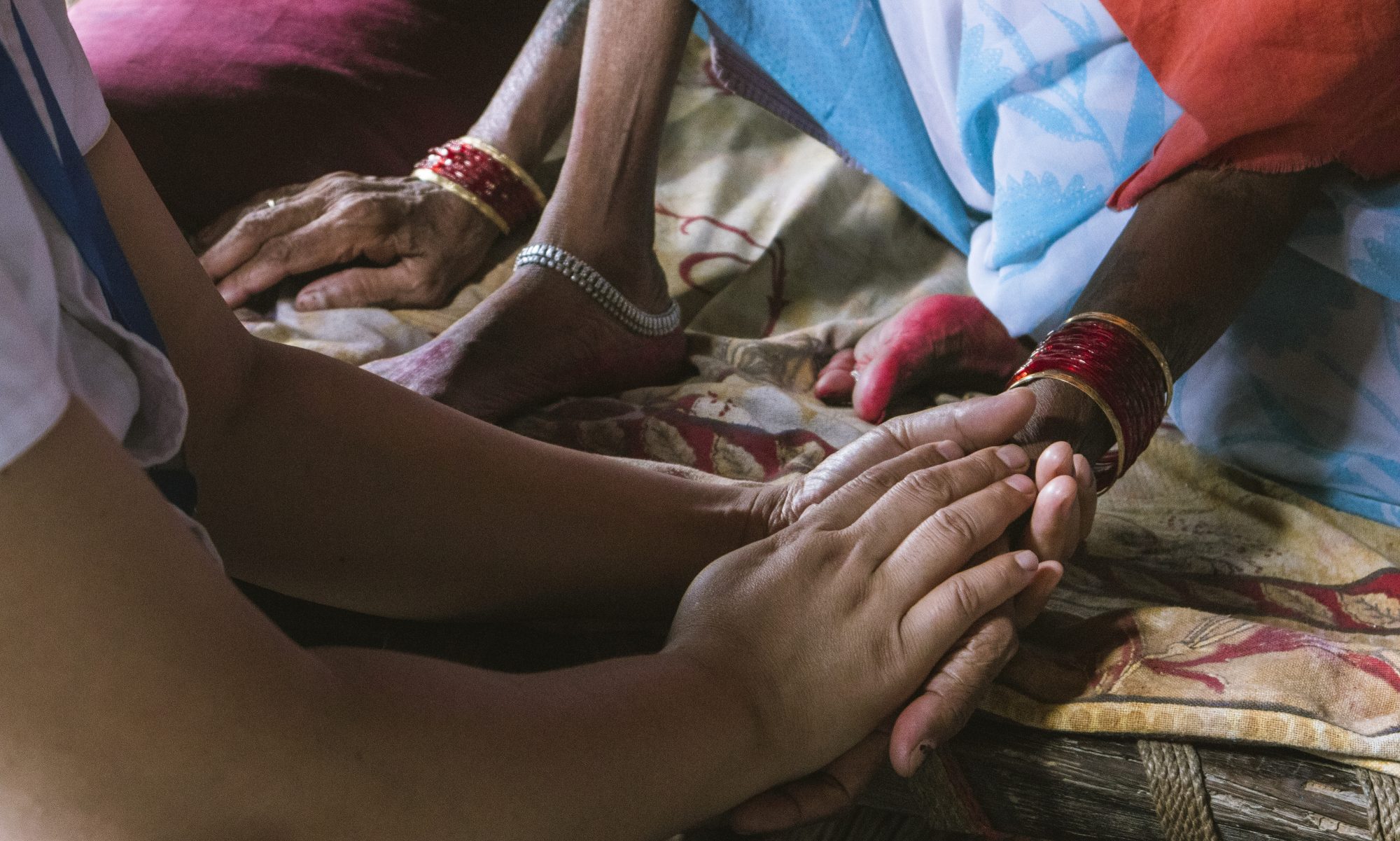5.9.20 Prem Sewa Hospital, Utraula, Uttar Pradesh, North India
“At Prem Sewa we are seeing many patients with possible COVID-19 symptoms, but we refer them to the nearest designated facility for testing and do not find out the outcome. Due to the lack of testing kits, we are unable to diagnose patients as being COVID-19 positive, which means that our state’s statistics are likely unreliable.
Our hospital has been recognized as a COVID-19 quarantine center with 10 beds set aside. We do not have enough resources to fight COVID-19 if an outbreak occurs. Prem Sewa has also been asked to handle all patients in the district who need gynecological, obstetric, or ophthalmic care.
Due to restrictions, only one person is allowed to travel on a two-wheeler, so most of our community outreach had to be stopped, and we now keep in contact with volunteers in each village by phone. Many of these communities have very vulnerable people groups, such as cancer patients, HIV patients, people with disabilities, and pregnant women.
As soon as the lockdown began, we worked with the local government and police officials to distribute dry goods, face masks, hygiene kits, and essential medicine to the neediest people. Our kits included rice, wheat, lentils, salt, spices, oil, soap, and face masks, and were distributed by our community and palliative care teams to 53 cancer patients, 14 HIV-positive women, and 150 people with disabilities. We also worked to build awareness about COVID-19 through public announcements and pamphlet distribution.
Before COVID-19 struck, we at Prem Sewa used to see 250 to 300 outpatients a day, but the lockdown has hit us hard because so many of our patients came from far away. Our outpatient department numbers have dropped to about 50 patients each day, and this has severely reduced our income to less than 20 percent of normal. We could not pay our staff in April, and we have found it difficult to buy PPE, face masks, gloves, hand sanitizer, and disinfectant. Having no other option, we have begun to sew our own PPE out of plastic sheeting.
As the lockdown is slowly being relaxed, shops are open but with strict social distancing rules, and face masks are mandatory. There are restrictions in place for children under 10 and adults over 60 to keep them from roaming outdoors.
As the migrant population returns, we are concerned about a potential uncontrolled outbreak of the disease in our area. The communities will become overcrowded, leading to more spread of COVID-19. These jobless migrants are struggling with poverty, and the fact that there are very meager food supplies available will lead to starvation and increased crime.
For us at the hospital, building awareness in the community, advocating for the right to food security for the poor, and putting in place a proper system for disease surveillance in the district will be a major challenge.
As the peak of COVID-19 in India is expected to hit in June and July, we have to be well prepared to fight this disease which is keeping our future uncertain—but we believe in a God who is sovereign.”
~ Dr. George Varghese, Senior Administrative Officer

